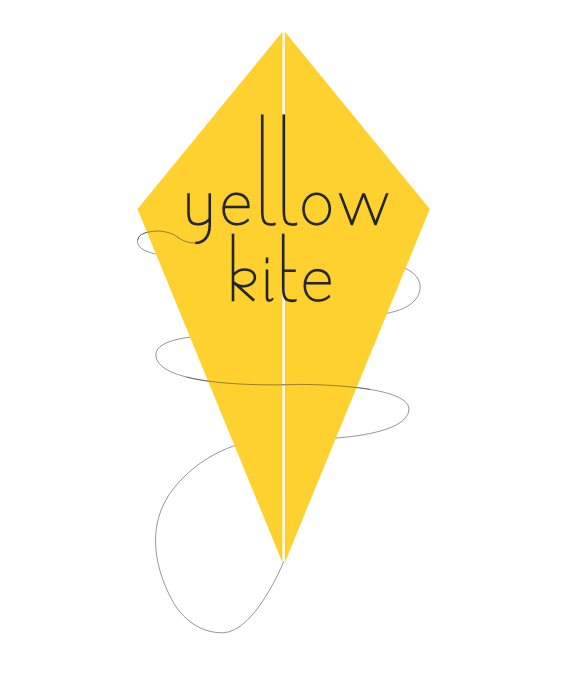Languages of Loss

Sasha Bates’ extraordinary book Languages of Loss starts a necessary and overdue conversation about death and loss. Sasha is a psychotherapist whose husband (the actor and playwright Bill Cashmore) died unexpectedly. In grief, Sasha turned to writing. She found herself weaving her own experience of loss with insights from psychotherapeutic theory. The result is a powerful and informative account of how grief works, how it feels and how it can be managed. Sasha breaks down taboos and tries to find humour and light amidst the depressing, bewildering reality. Her book is an essential companion to help support readers through the agony of those early months, giving permission for all the feelings, and offering various methods of living with them.
Languages of Loss explores the many facets of grief – from the more practical such as how best to make use of the endless offers of help from friends and community – to the more transcendent like whether a loss might have an effect on any existing or emerging spirituality or world views. This book’s overriding message is that everyone’s experience of grief is different, but that knowing more about the theory and thereby developing a new vocabulary, while not necessarily easing the grief, can help you feel less alone, and at some point enable you to reflect back and see how far you have come.
We hope you find it is as moving and as compelling as we did when we read Sasha’s very first draft. It is a book that reflects the very best of Yellow Kite: lived experience combined with practical tools to help you cope with even the most challenging of times. We are very proud to be publishing it. The publication date was fixed many months ago, of course, and long before any of us had heard the C-word. Given what’s unfolding around us, the last thing we would want is to exploit our current collective predicament. We considered delaying publication to avoid any danger that some might think we were. But we believe this book can help people – even those of us simply mourning the loss of normality. So we decided to stick to our original publication date and get it out there on the shelves, for whoever might benefit from it. We do hope you read it.




